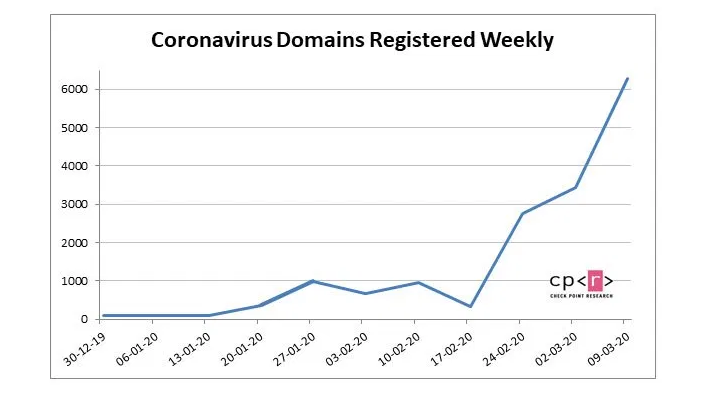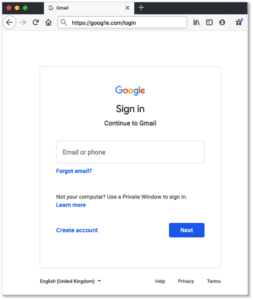
What does a surge in phishing attacks look like? (Part 1)
You’ve probably heard that since the pandemic hit there has been a surge in phishing email attacks on employees and individuals. For example, this article at Forbes.com references a report by Atlas VPN that says the number of phishing websites (or landing pages) has spiked by 350%. What does all of this mean, and what does it look like to regular people?
What is a “phishing website”?
Phishing websites are typically the locations on the Internet where your web browser will try to take you if you click on a link in a phishing email, so that it can try to launch malware on your computer, or present a fake web page that you might trust and enter data into, like your password or credit card number. But sometimes, if those sites are already suspected of being up to no good, they may be blocked by your browser, your security software or even your Internet provider.
Why do they report an increase in “phishing websites”?
Phishing websites are easier to identify and analyze than trying to capture and identify all possible phishing emails. So it is an indirect indicator of the growth in actual phishing emails. But an increase of that size can be expected to parallel the growth of malicious messages. The bottom line is that the 350% rise in phishing websites is a scary indicator, indeed.
Despite the advanced security technologies trying to detect and block these sites, attackers are very efficient at creating new phishing websites quickly, which are often not detected right away, and not blocked. So don’t rely on technology to protect you completely.
…End of Part 1 of 3
What Click Armor can do to help you avoid phishing websites
Click Armor’s Continuous Cybersecurity Platform addresses the critical issue of phishing and social engineering at attacks on employees and individuals using the Internet. We use an innovative form of gamification that makes learning about cybersecurity more engaging, to help you learn through fun challenges and simulations. As an employee at one of our customers put it:
“The gamification makes it so engaging and more motivating to learn. I’ve referenced it billions of times.”
Click Armor’s new personal phishing vulnerability challenge called “Can I Be Phished?” will help you assess your own ability to spot phishing attacks. Our COVID-19 edition simulates good and bad pandemic related messages. You can TRY IT now at: www.canibephished.com


